GitBook vs Notion
Learn more about your options and pick the best tool for your team.
Not sure if GitBook or Notion is the better fit for your needs? You've come to the right place.
Both GitBook and Notion are relatively new entrants to the market of business productivity software. GitBook is primarily a knowledge base tool and a platform for managing technical documentation. On the other hand, Notion is a multi-purpose tool for collaboration, knowledge sharing, project management, and more.
They are fairly different tools, but the choice may still not be quite clear-cut. In this article, we will take a closer look at both GitBook and Notion and examine their strengths and weaknesses to help you make the right decision for your company.
GitBook and Notion compared
While Notion and GitBook are fundamentally different solutions, they do share some similarities. Both tools can be used to manage internal documentation as well as to publish content online. However, these tools are built with different target customers in mind.
Ultimately, it will all come down to your unique needs, preferences, and workflow, as there is no one-size-fits-all solution when it comes to documentation and productivity software. And if you're having trouble choosing between GitBook and Notion, keep in mind that they aren't your only options. There are many other excellent tools that may turn out to be an even better fit for your needs.
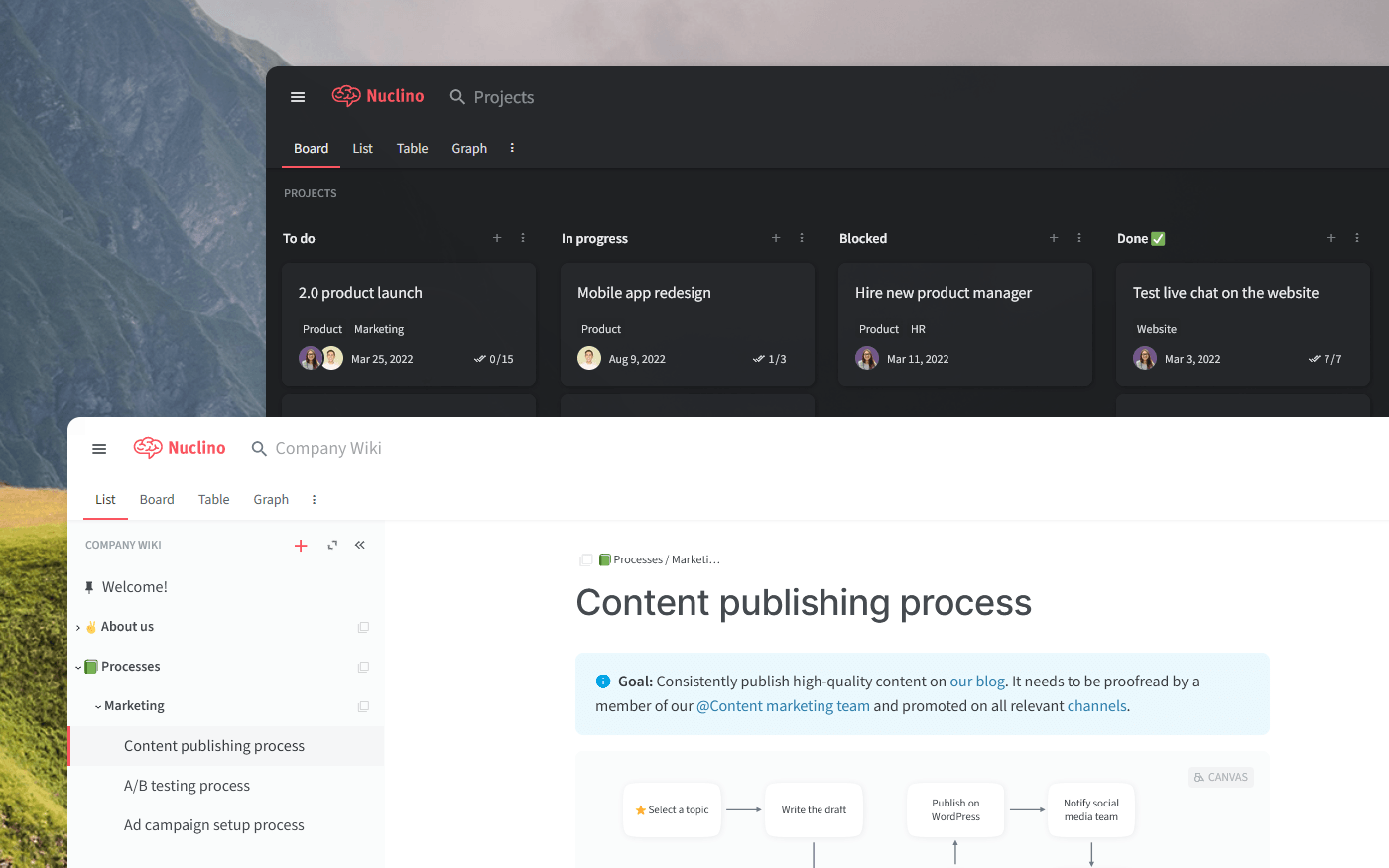
To make the most informed decision, let's first dive deeper into what Notion and GitBook have to offer, taking into account their strengths, limitations, notable features, pricing, and user reviews. We will also have a look at other alternatives you may want to consider.
GitBook
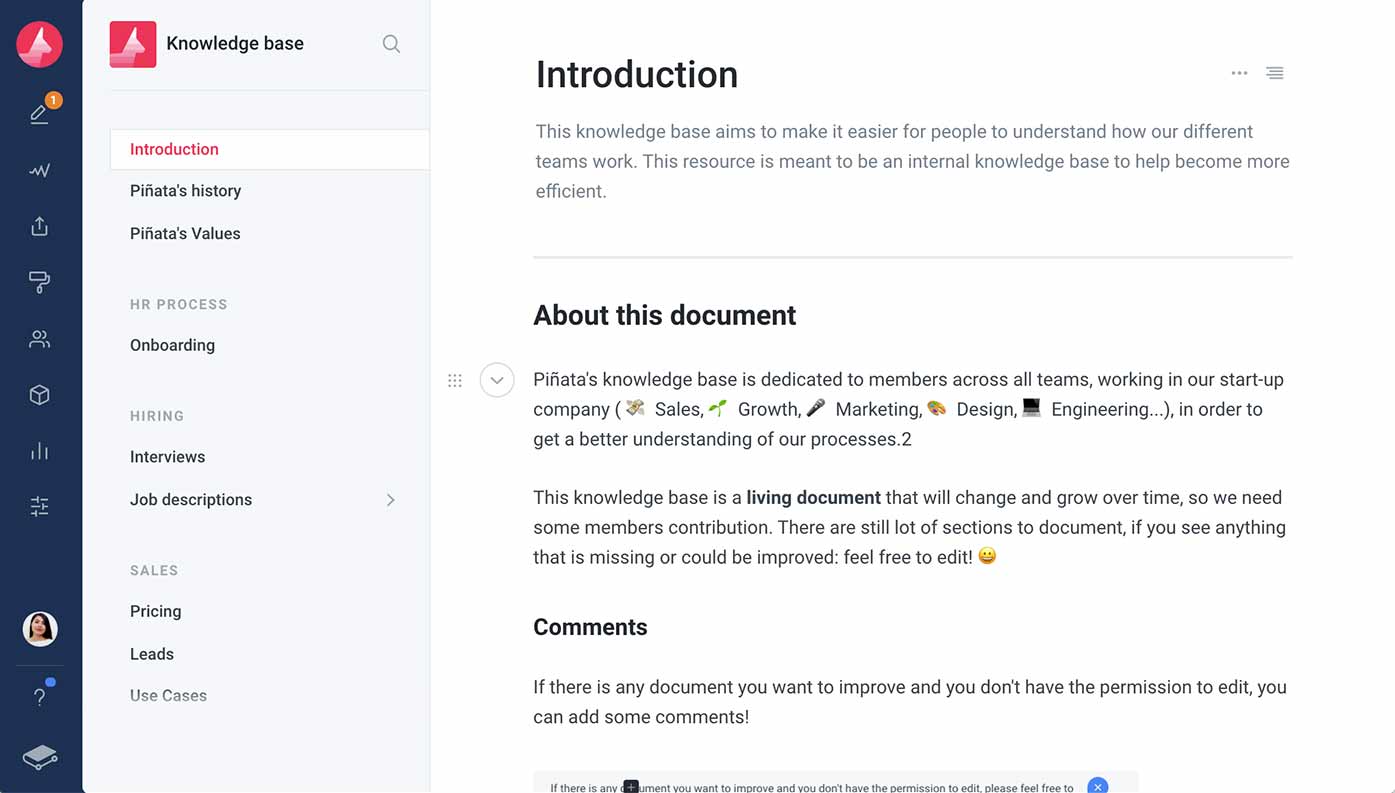
Pricing: Free, advanced features starting from $65/site/month + $12/user/month
Rating on Capterra: 4.5/5
GitBook was launched in 2014, originally positioning itself as an open-source book publishing platform built for developers. Over the years, the tool shifted its focus several times.
The GitBook of today is designed to help organizations share internal knowledge and publish documentation for their users. Unlike Notion, GitBook doesn't try to do too many things at once and is instead fully optimized for these use cases.
A notable aspect of GitBook is its focus on software development teams. While Notion is built with a broad audience in mind, GitBook is built around the workflow of developers. It offers many unique features, including branched version control with change requests, integrations with tools like GitHub and GitLab, and more.
Why you might prefer GitBook over Notion:
GitBook is optimized to be used as a knowledge base and a technical documentation tool.
GitBook offers advanced features for publishing your docs online, including custom domains and full branding.
GitBook is tightly integrated with GitHub, Segment, Intercom, and more.
GitBook allows you to manage multiple drafts of your docs, so you can review and merge them as needed.
What users say about GitBook:
"GitBook makes it super easy to spin up a tech doc site for any coding project whilst making the end result look really good. I really like being able to write the docs in markdown and host the docs on GitHub. GitBook also allows you to easily link a custom domain which is a huge bonus."
Looking for more tools similar to GitBook? Check out this list of GitBook alternatives.
Notion
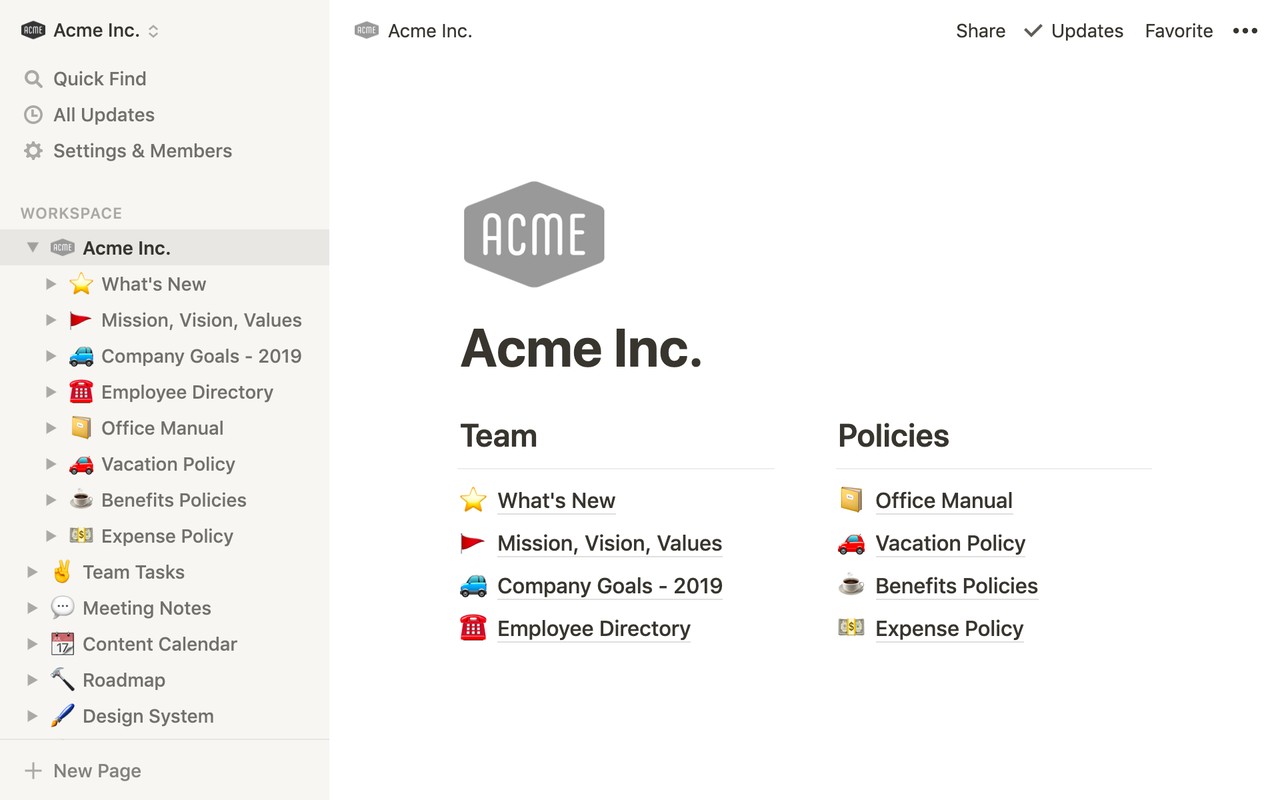
Pricing: Free, advanced features starting from $10/user/month
Rating on Capterra: 4.7/5
While GitBook is narrowly focused on helping developers manage their docs, Notion aims to target as many use cases and types of users as possible. It's a uniquely flexible tool that offers nearly limitless possibilities — from managing your shopping lists and publishing your personal blog to documenting your product roadmap and managing team projects. It can be used by individuals and companies alike.
It's a feature-rich tool that comes with a fairly steep learning curve. New users may feel overwhelmed by all the menus and options and should be prepared to dedicate enough time to learn the tool.
Why you might prefer Notion over GitBook:
Notion is an "all-in-one" tool that can help you manage your docs, notes, and projects in one place.
Notion allows your team to collaborate on your docs in real time, without version conflicts.
Notion can potentially replace multiple collaboration tools, helping you save on subscription fees.
Notion can be used by the entire organization, not just the developers.
What users say about Notion:
"Notion changed my personal life and work organization. I can do everything with Notion, from grocery shopping lists and study annotations to documenting product decisions at work. It is a complete, versatile, and adaptable software for all demands and users. Its real-time update makes the remote work experience more dynamic and collaborative."
Looking for more tools similar to Notion? Check out this list of Notion alternatives and Notion AI alternatives.
Other alternatives
It should be mentioned that your options are not limited to just GitBook and Notion. There are many other great collaboration and documentation tools that can serve you just as well — or even better.
For example, if you are looking for a more user-friendly, fast, and intuitive solution, consider Nuclino. Lightweight and minimal by design, Nuclino focuses on the essentials, doing away with clunky menus and rarely-used options, and minimizing the learning curve for new users.
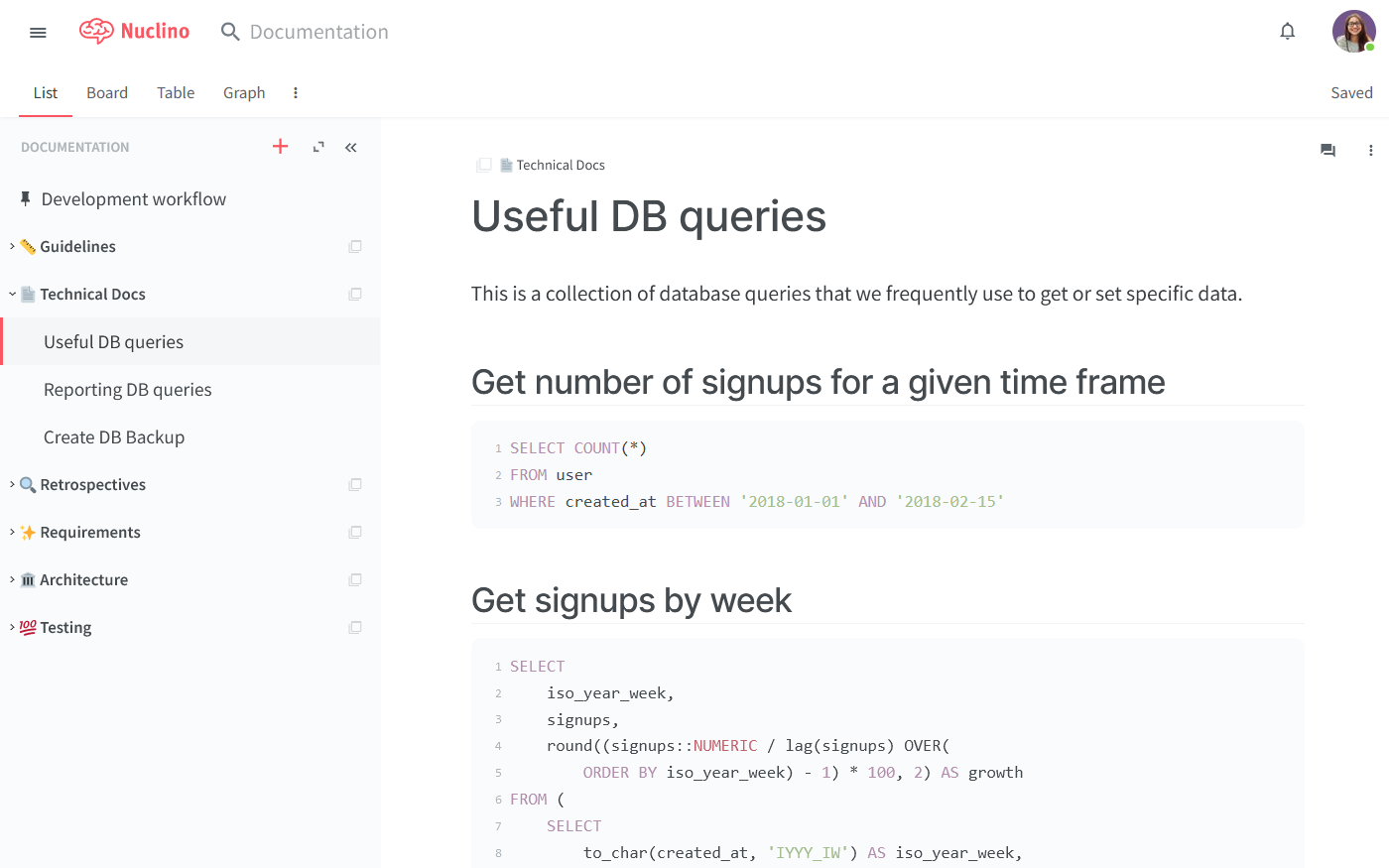
Like Notion, Nuclino is more than just a documentation tool. It's a unified workspace that works like a collective brain, allowing you to bring all your knowledge, docs, and projects together in one place.
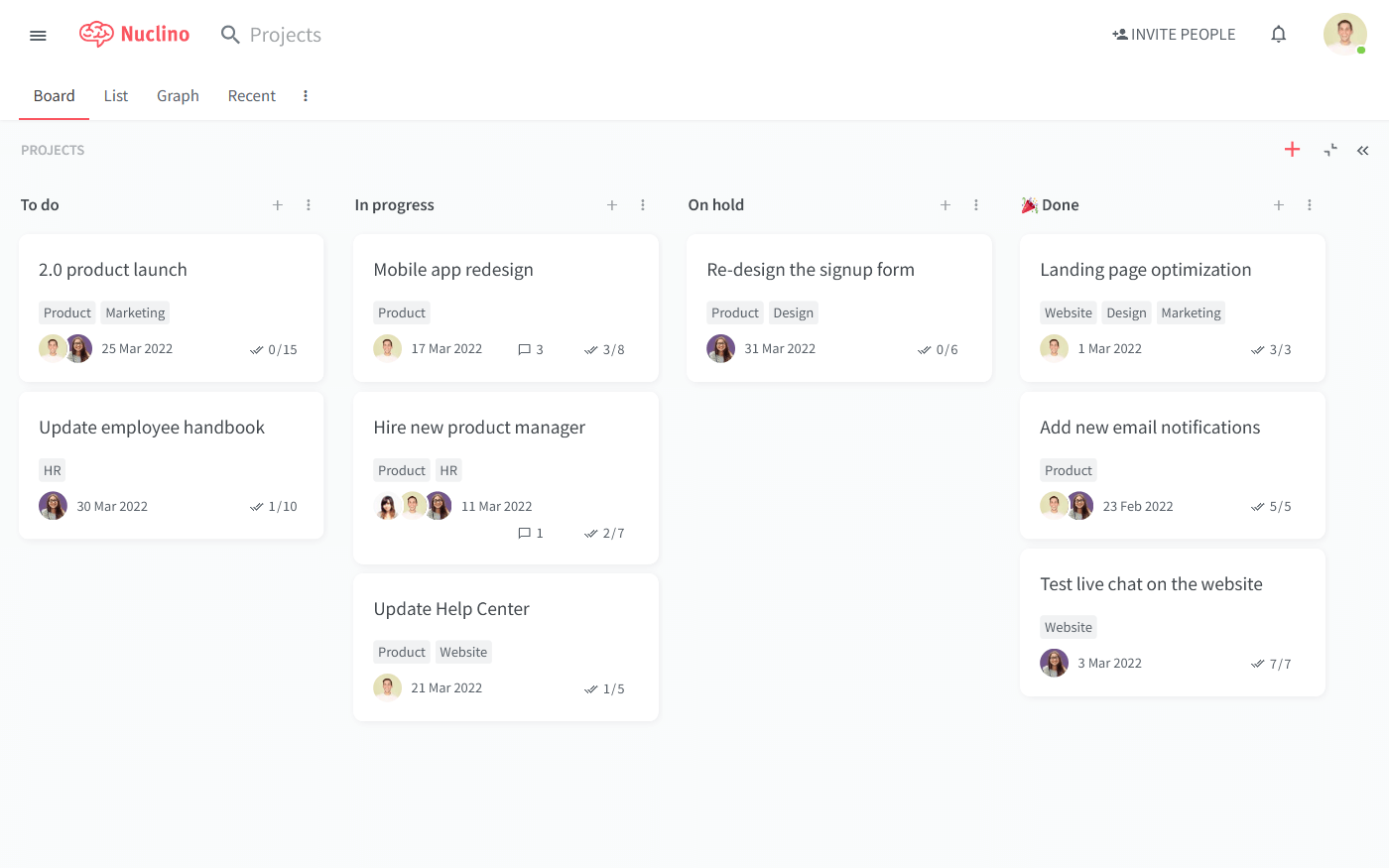
You can create real-time collaborative documents for every topic and project and organize them visually. Need a structured overview of all your docs? Prefer to work on your projects using a Kanban board? Want to see how your docs and tasks relate to each other in a mind map? The list, board, table, and graph views help you keep your work structured in a way that works for you and your team.
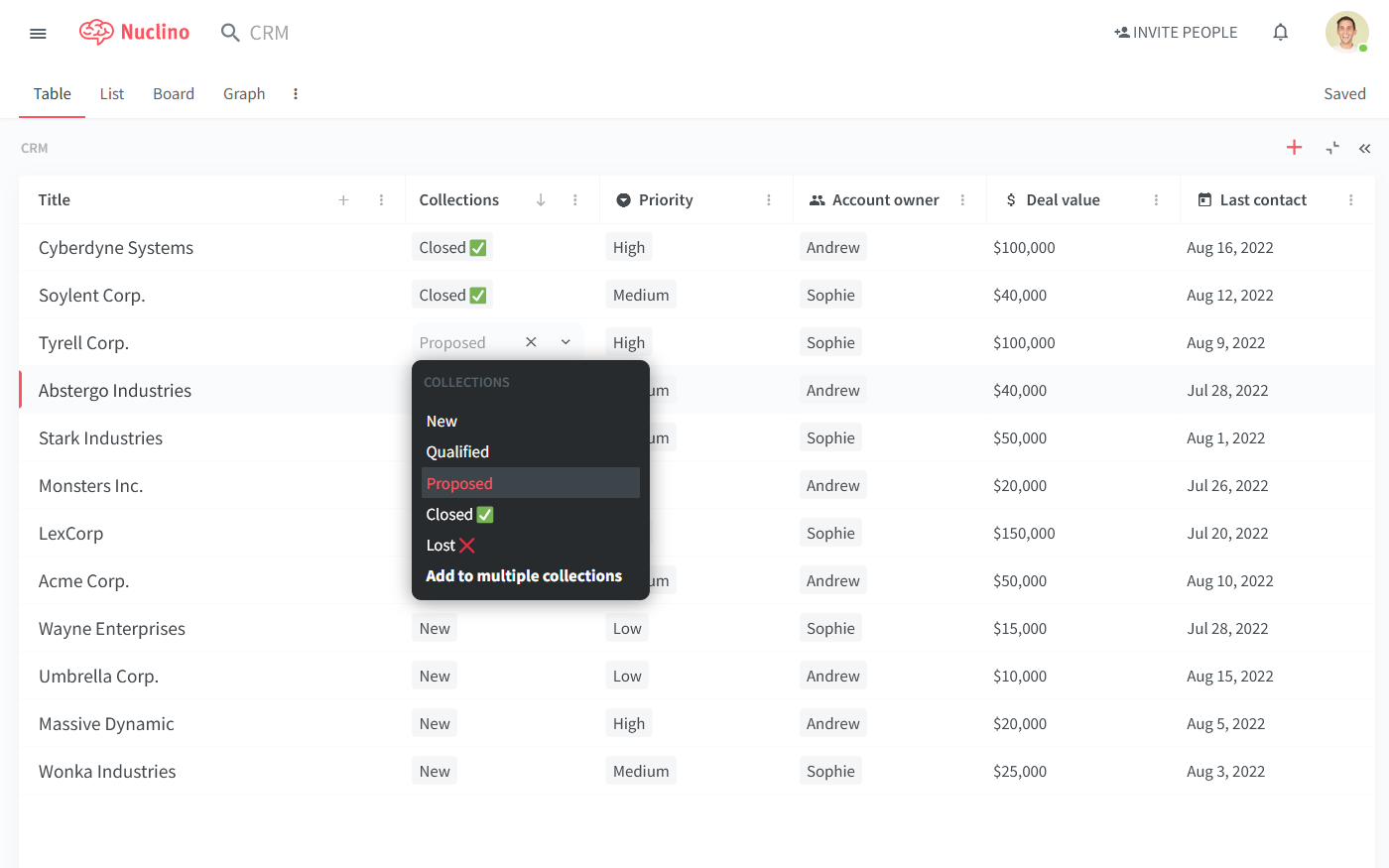
Every document in Nuclino can be collaborated on in real time. Comments and mentions can be used to exchange feedback, and related documents can be linked together. Simply type "@" and the name of the page you'd like to link to.
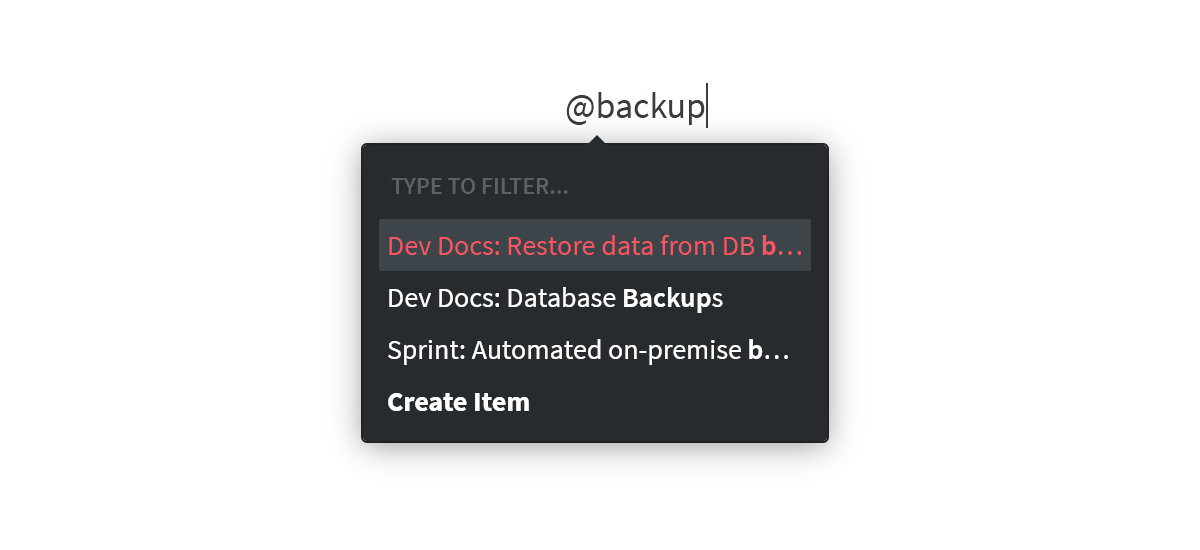
You can also turn any Nuclino workspace into a public website, similar to Notion Sites. It will be accessible to anyone on the web and discoverable via search engines. It's perfect for help centers, user documentation, changelogs, and much more.
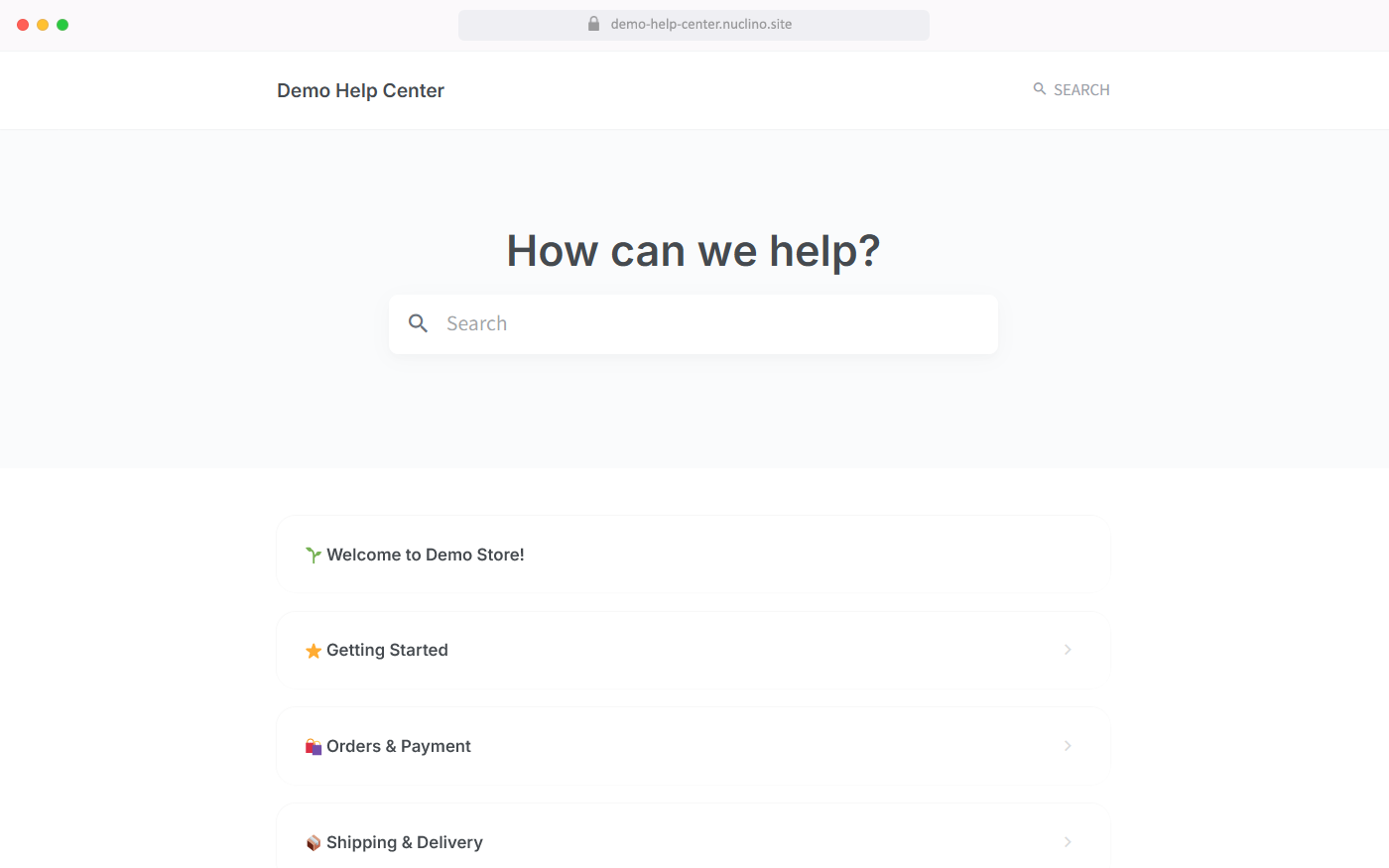
If you're a fan of GitBook AI or Notion AI, you will also appreciate Sidekick, the AI-powered assistant built into Nuclino. Sidekick can help you find information, generate ideas, create first drafts, summarize long documents, and more.
Nuclino also offers built-in visual collaboration and allows you to add an infinite collaborative canvas to any document. You can use it to create diagrams and flowcharts, run visual retrospectives, brainstorm ideas using sticky notes, and much more.
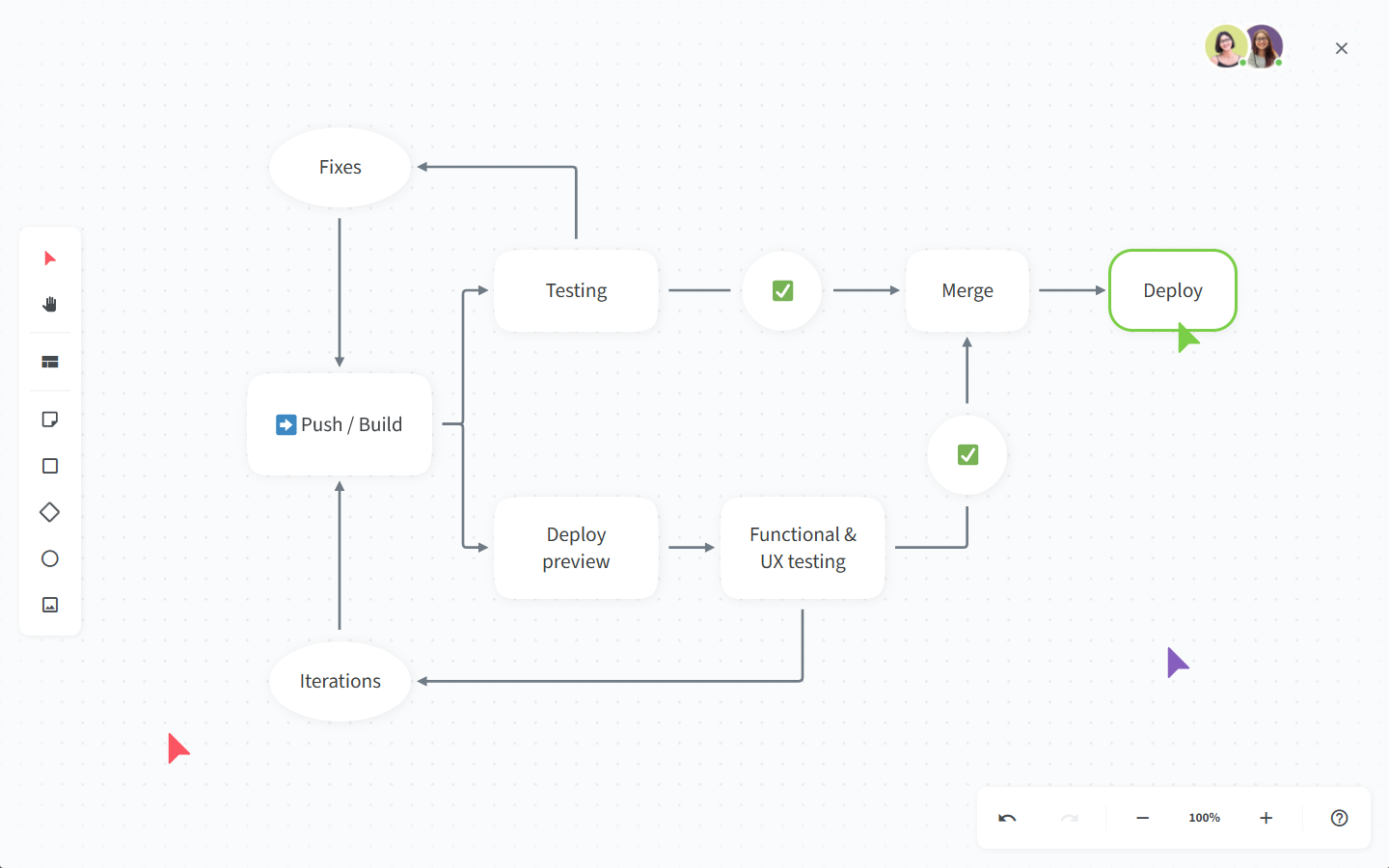
Learn more about how Nuclino compares to Notion Nuclino vs Notion.
GitBook vs Notion: So which is better?
There is no definitive winner when you compare GitBook and Notion. The best choice depends solely on your team's specific requirements. Software development teams may appreciate GitBook for its focus on technical documentation and developer-friendly design. The flexible approach of Notion has also earned it many fans.
On the other hand, if you prefer something more intuitive, lightweight, and fast, consider exploring other alternatives, such as Nuclino.
We hope this article has made your decision a little easier. But at the end of the day, the only way to be sure you are making the right choice is to thoroughly evaluate each tool together with your team.
Ready to get started?
